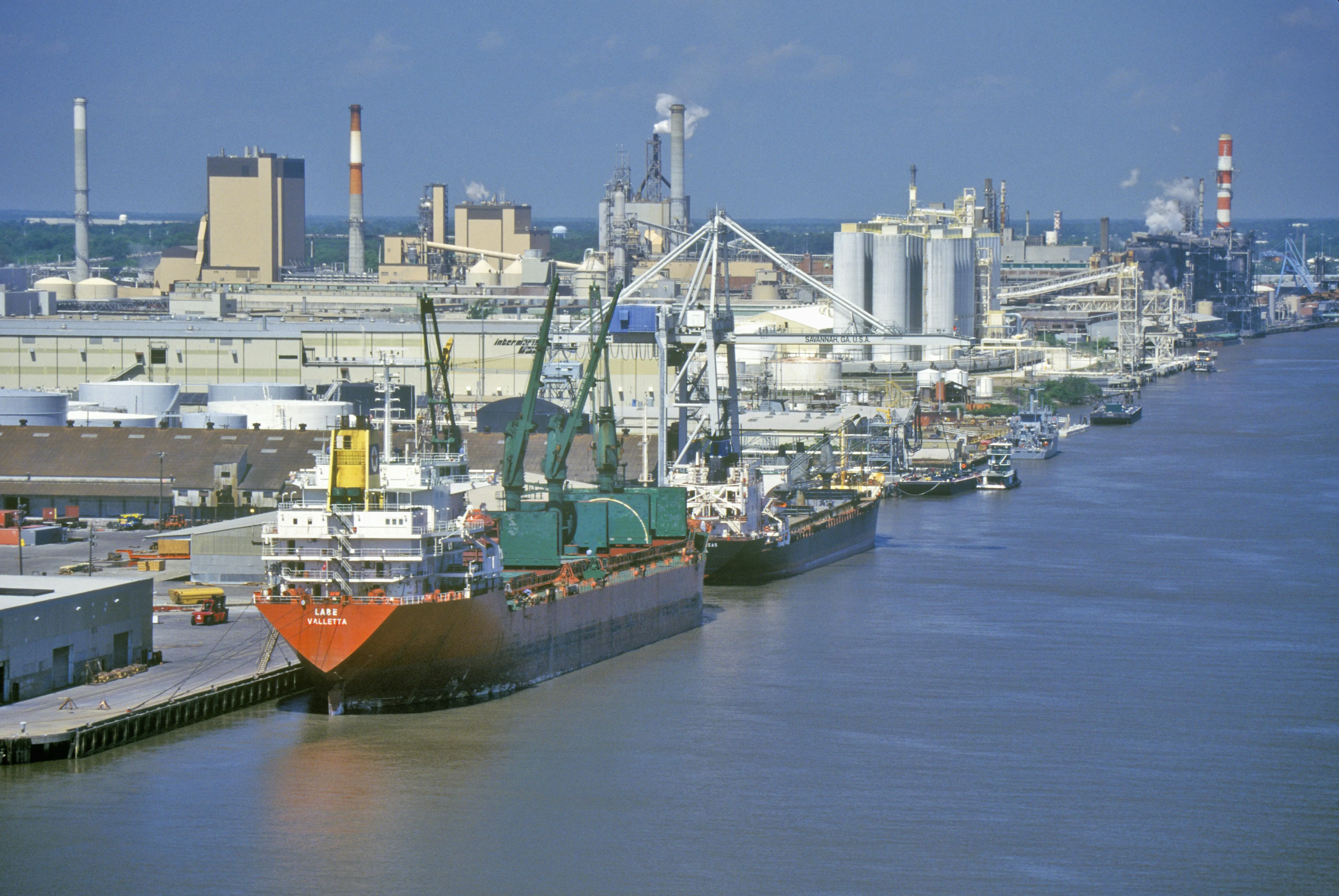Understanding the Impact of Potential Port Strike on Pharmaceutical Imports

Impact of Port Strikes on Pharmaceutical Imports
The looming threat of potential port strikes poses serious challenges for the pharmaceutical industry in the U.S. Nearly 30% of containerized pharmaceutical imports enter through the Port of Charleston, SC. As a result, stakeholders must be prepared for increased airfreight dependency to ensure timely availability of medications.
Airfreight Surge Due to Disruptions
If port strikes materialize, there will be a significant spike in airfreight activities for time-sensitive pharmaceuticals. This shift not only increases costs but also complicates logistics operations.
- Drug Availability: Ensuring that essential medications remain available.
- Supply Chain Adjustments: Strategizing to mitigate delays in shipments.
- Cost Implications: Higher costs due to air transport compared to sea freight.
Industry Response Strategies
The pharmaceutical industry must devise effective response strategies. Here are some recommendations:
- Develop Contingency Plans: Prepare for potential supply chain disruptions.
- Enhance Communication: Maintain communication with suppliers and logistics partners.
- Monitor Port Developments: Stay informed about port status and strike developments.
Disclaimer: The information provided on this site is for informational purposes only and is not intended as medical advice. We are not responsible for any actions taken based on the content of this site. Always consult a qualified healthcare provider for medical advice, diagnosis, and treatment. We source our news from reputable sources and provide links to the original articles. We do not endorse or assume responsibility for the accuracy of the information contained in external sources.
This article was prepared using information from open sources in accordance with the principles of Ethical Policy. The editorial team is not responsible for absolute accuracy, as it relies on data from the sources referenced.